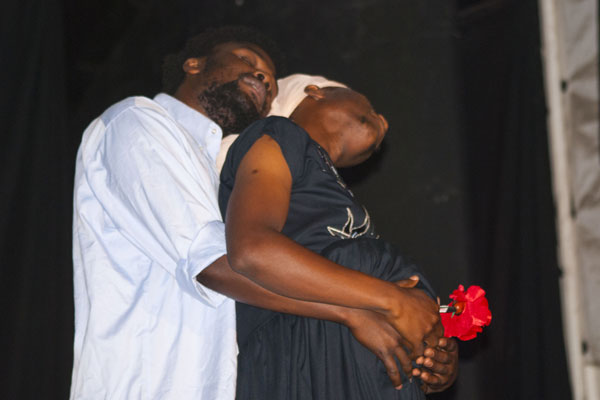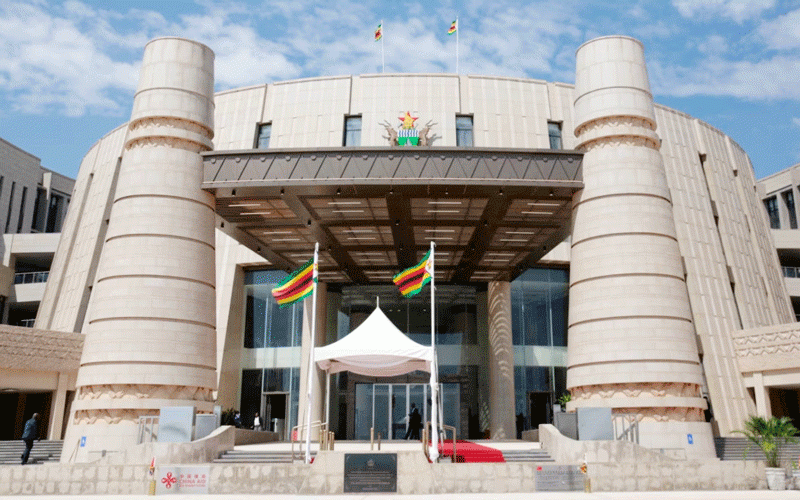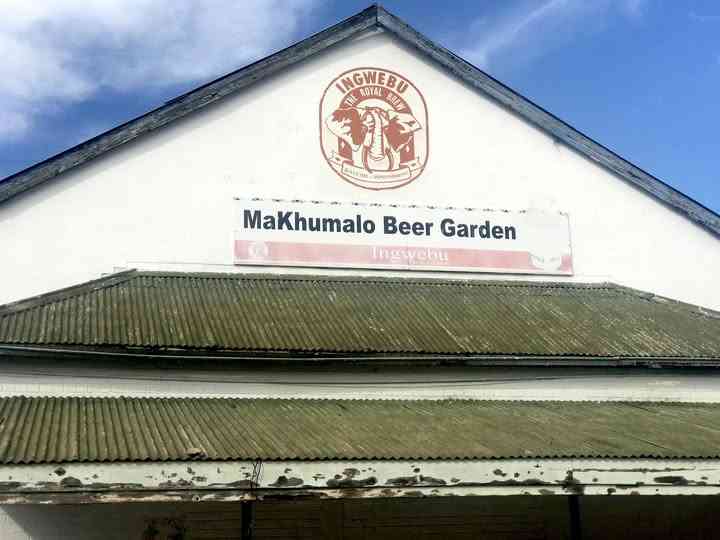
When Steven Mapandure murders his best friend Tayizivei Machona in cold blood as a sign of jealousy for the latter’s accruing wealth and political clout in the village, a bad omen haunts the next generation.

An emotionally-absorbing 40-minute play titled Broken, co-created and performed by Tafadzwa Bob Mutumbi and Everson Ndlovu, explores themes of retribution, vengeance, reconciliation and internal healing.
The play fuses captivating action, traditional music and dance to carefully depict a socio-political reality for most in the country owing to a gruesome past that not many have bothered to revisit or attempt to correct.
“Ngozi”, a curse emanating from the manslaughter, turns the surviving Mapandure family members’ lives into a living hell, prompting Charles (the eldest son), who has tragically lost his family and stable city life, to end a decade-long absence by embarking on a journey to his roots at the heart of Dzonga village.
There, a meeting and subsequent ritual ceremony with Uncle Joram, a victim of the same predicament, unravels the scandal which the latter knows but has dreaded to reveal as the misfortunes have for long been attributed to his purported witchcraft.
An attempt is then made to approach the Machona family who, however, will have none of it as they argue that seven cattle and a wife will not suffice as compensation for the psychological trauma as well as economic toil they suffered their entire childhood following the death of their father.
The production, which is a result of Mutumbi’s thesis at Dell’Arte focusing on ritual theatre, echoes an underlying national reality in both pre and post-independent Zimbabwe that many have for long called for society leaders to address.
- Chamisa under fire over US$120K donation
- Mavhunga puts DeMbare into Chibuku quarterfinals
- Pension funds bet on Cabora Bassa oilfields
- Councils defy govt fire tender directive
Keep Reading
Responding to questions after the two-man play, which was staged at Theatre in the Park on Thursday night, Mutumbi said his research had proved that it was imperative to revisit the socio-political trauma that was “passed down to us through blood and other ways”.
“After the war nobody said sorry to anyone, and when the black majority got the independence, we never bothered to look at our wounds to heal them, we just continued with the euphoria,” he said, refering to the liberation struggle and civil violence after 1980.
“I saw that there is a lot of trauma within us and it needs to be healed and we need to start that conversation that where do we begin? Is sorry enough or do we need to cleanse this land and what sort of solution is needed?” he said.
Similarly the play raises more questions than answers and those immersed in spiritualism believe that unless the nation goes on a healing and reconciliation trajectory, then the socio-economic turmoil will continue to prevail.
“That is the question the production seeks to put to the people of Zimbabwe because as Zimbabweans culturally we have to know where we are coming from, we have many belief systems, so what do we do to make these circumstances not become part of our lives?” Ndlovu said.
The production, which wowed audiences in the United States and is scheduled to go on a national tour, comes at time a litany of belief systems, especially the prophetic, have emerged of late yet the nation remains disjointed on the basis of tribe, race and ethnicity, among other divides.
After its premiere, Broken earned an invite to the Mad River Festival in Blue Lake, California, in July last year before staging at Los Angeles’ Walt Disney Theatre as part of California State Summer School of the Arts guest performances.











